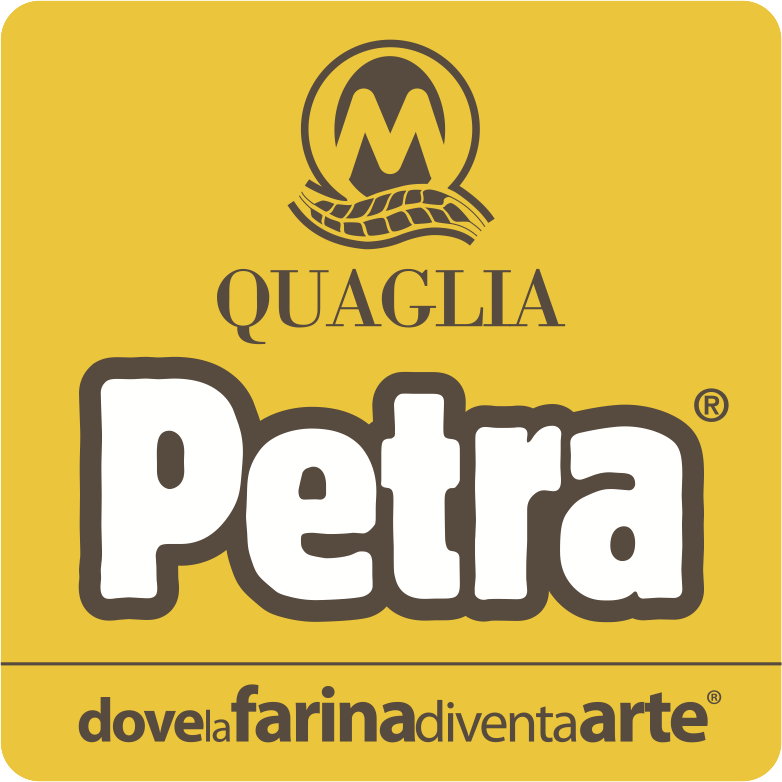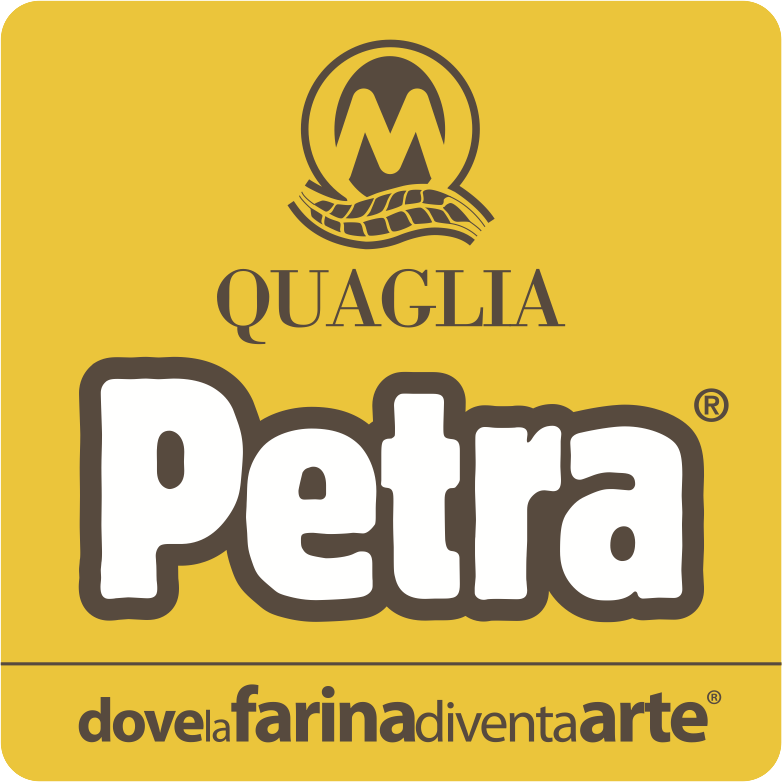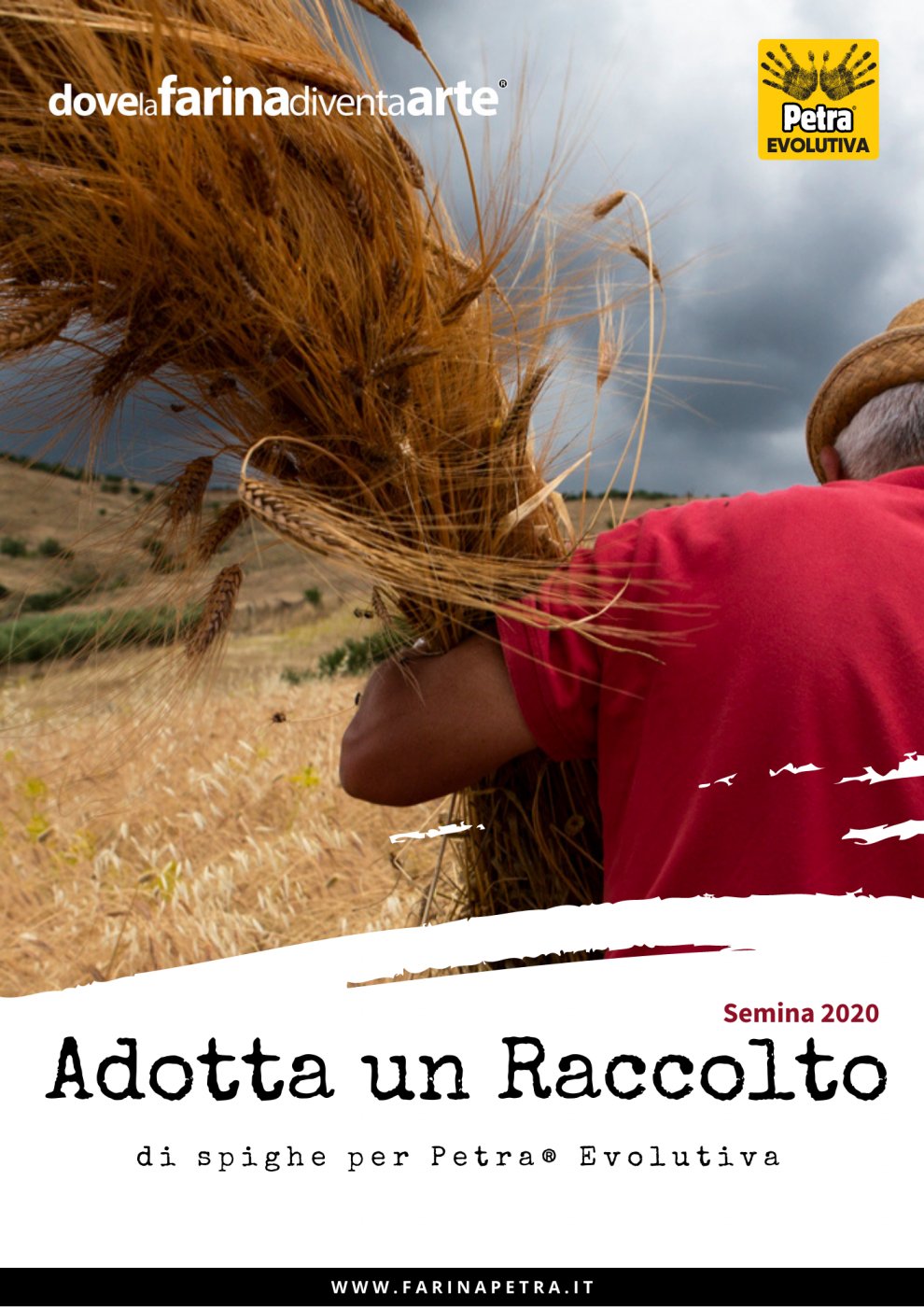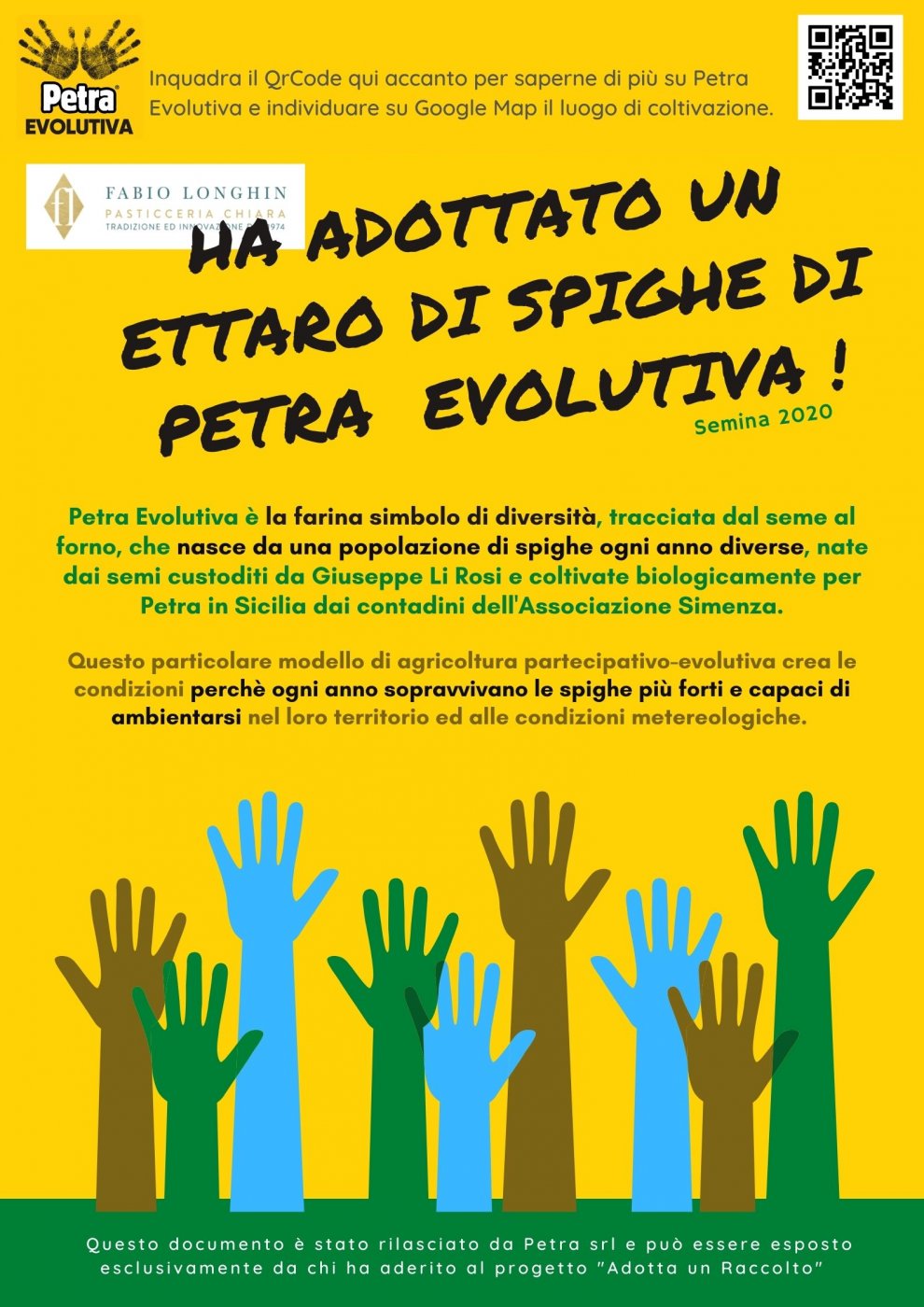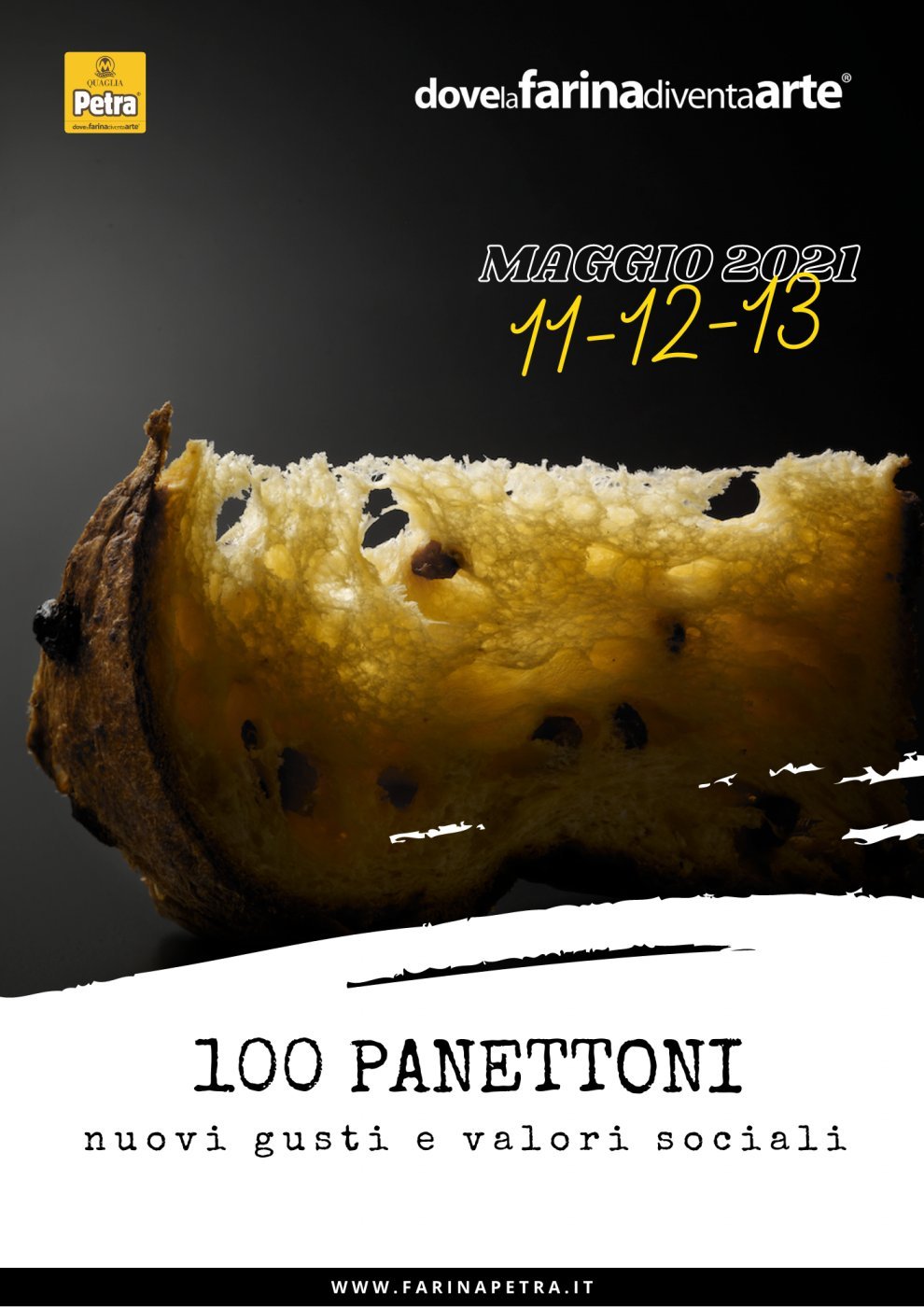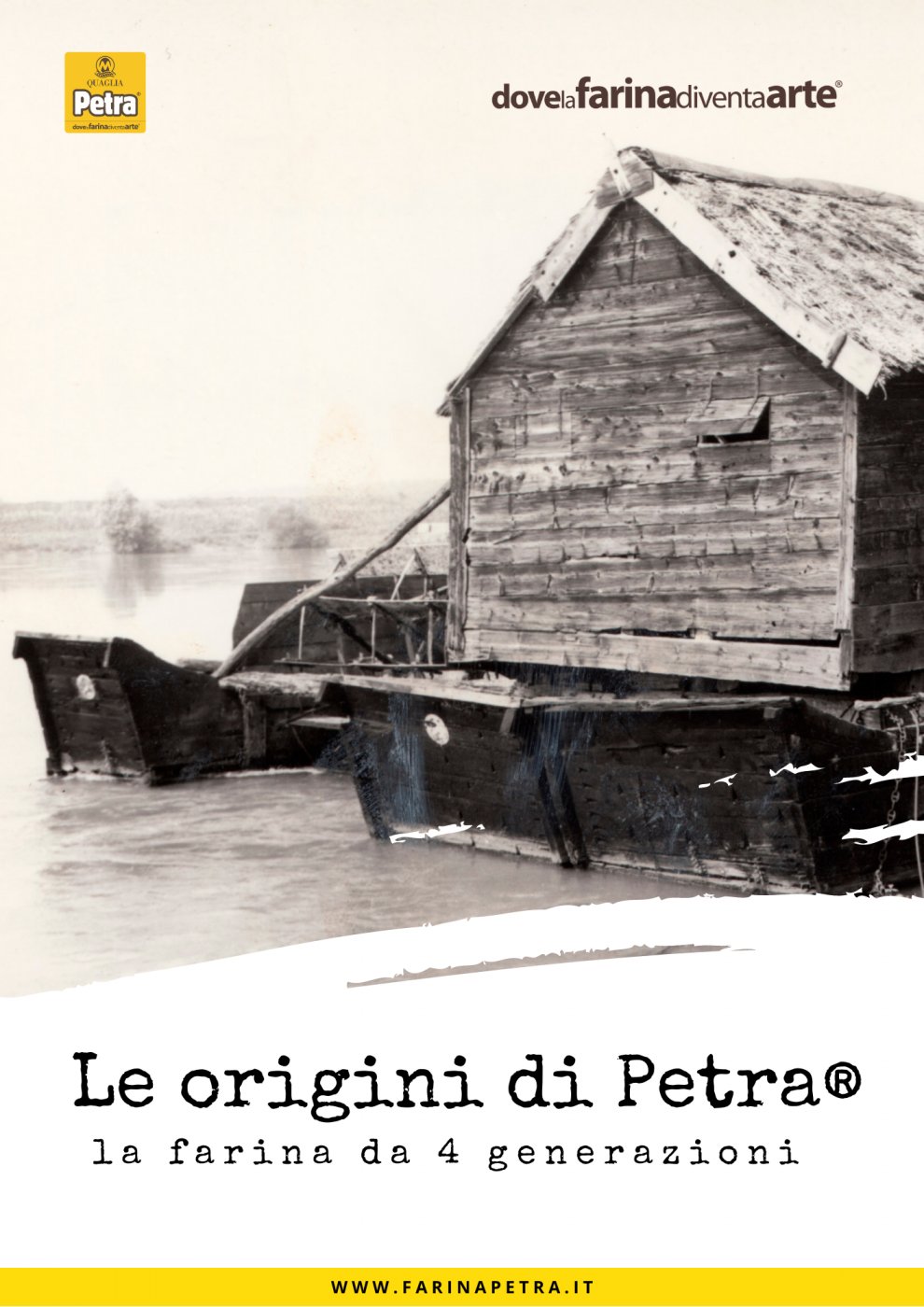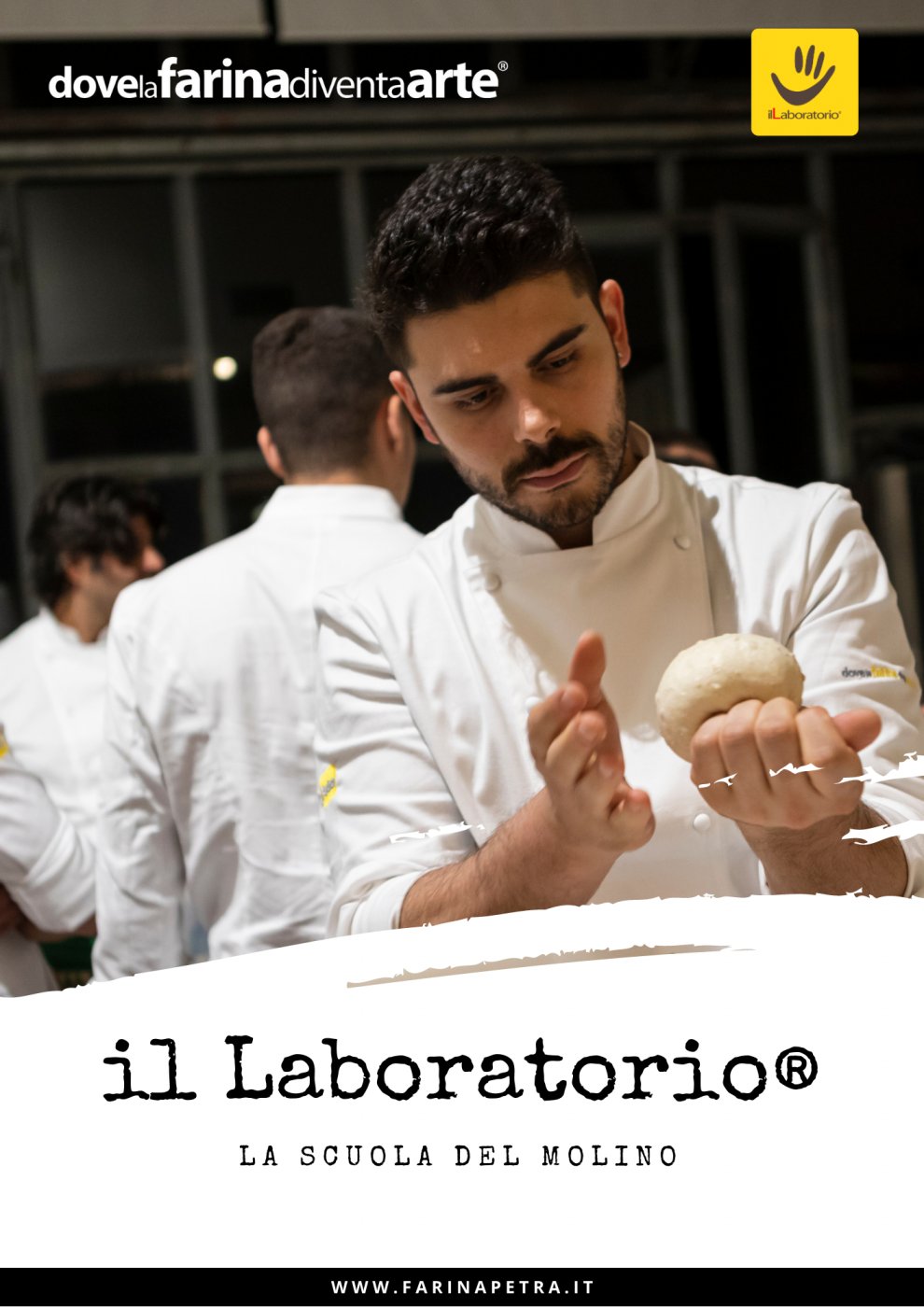4 Mar 2024 9-38 AM - Asma Khan, Darjeeling Express (UK) in conversation with Alice Quillet.mp3: Audio automatically transcribed by Sonix
4 Mar 2024 9-38 AM - Asma Khan, Darjeeling Express (UK) in conversation with Alice Quillet.mp3: this mp3 audio file was automatically transcribed by Sonix with the best speech-to-text algorithms. This transcript may contain errors.
Alice Quillet:
Um, well, John, I gave an introduction about, um, some of the stuff you've been doing, but, um, I just wanted to take this moment to talk a little bit about the Darjeeling Express in London, and maybe you could tell us about how it came about. And, um, most of us know it's an all female kitchen. Um, was that a deliberate decision?
Asma Kahn:
pThere is a big difference in our culture and the way that food is cooked in every home from Afghanistan to Sri Lanka. It's a woman cooking. You'll never find boys in the kitchen. Men eat first, women eat last, and girls eat least. So every male chef who is in, you know, even from fine dining to kind of medium range restaurants in the east or in the West who are cooking Indian food, learn to cook. In culinary school, they went and learned in stainless steel empires. They learned to surveyed and they learned to use gizmos. And they had freezers and they learned to batch cook huge amounts of food. Uh, what would I do with someone like that? Because I, you know, we measure with our eyes and we measure with our hands. We cook intuitively. All our, uh, recipes are verbal. And I needed people who cook with patience, with a rhythm which I could recognize. And this is why it made I was working with women, not because I didn't think that these men were great and that they are fabulous, and they are very successful, and they've done great things for the cuisine. I'm not taking pot shots at them. I know it sounds like I am, but, uh, I it it made sense for me to be with women because that's the style of cooking I can work with and who I needed help from.
Alice Quillet:
How would you describe your style of cooking? Are there recipes that were passed down or are they the recipes from the women you work with? How do you choose what goes on the menu?
Asma Kahn:
Well, I mean, in the beginning it was only my family recipes because I was cooking. I began from my own house. Uh, I really wanted to cook. I decided to open my food business the day I passed my PhD. Viva, because I realized one thing that I married an academic. He's a professor in economics, and I thought, you know, I am not going to become this person. I'm not going to become my husband. You know, this academic I didn't want to teach. No, uh, it was also something that I found less exciting. I was sure that the students knew more than I did. So occasionally when I did lecture, I was terrified. And it was, you know, I thought, you know, I'm not going to live my whole life for that weekend when I will be happy cooking, I will. It was not easy because many girls in my family were not given the opportunity to study. My mother has was married off. My sister was married off at 18. This is quite normal. My mother's side of the family. The moment you turn 18 you get married. I went to college and I was fortunate to marry someone who really wanted me to study. And I, you know, applied to study law first at Cambridge.
Asma Kahn:
I got in and then I transferred to London. I finished my degree there, did the PhD. I felt I'd let the whole side down when I decided to cook, because the only thing all the girls in my family are allowed to do is cook. They don't. They don't allow people and businesses. They are often in a joint family where there are a lot of restrictions on what they can and cannot do, what they can wear, what they can say, and I. Doubt that I will fight this battle for justice and equality in a different way. And I'll never forget my husband telling me that, you know, Asma, you got a first class in law. You're a brilliant law student. You did a great PhD. If you want to work and help women, this is not the way you do it. By cooking. What are you going to do with your life? You know, open, you know, practice law. You know, you can actually make a difference to women. And he was right. He was right at that time because that's what, you know, you never saw anyone using food or a restaurant as a means of fighting back. And so this is really how I came to where I am. Yeah.
Alice Quillet:
It's interesting that you considered teaching law, because I feel like there is an element of teaching in what you do. And the other day I was I was looking on Instagram for a picture of a carpet that I was trying to buy, and but I came across this quote from 2020 that I had saved that says from you, that says, I don't want to teach people how to cook. I want to encourage women and teach women how to lead. How do you go about teaching how to lead? That's something that I think about all the time for my company as well.
Asma Kahn:
This is my this is my life's mission now. Um, I think every day I know I live one day less and my, my time is limited. And I think that what's happening, especially in hospitality, is that there will be no change from the top. The top is not interested in what's happening to women. When you see, you know, this is a you know, I've got Rebecca, although I did write an article, didn't get sued. But in an incident that happened where a male chef, uh, sexually harassed three women in his restaurant, they were sacked and he was promoted to executive chef. And all of Instagram was talking about, uh, you know, is this a promotion or not a promotion? Well, he has been punished. These were all there was an entire year ganging up of all the male chefs and sadly. Deafening silence from Michelin star female chefs in the UK. Women chefs in the UK do not speak up when there is absolutely proved evidence of sexual violence or racism against male chefs, because, and I have not understood this, I have personally asked them and they do not have a reply. How can you keep silent? And I know one thing I will not keep silent.
Asma Kahn:
I will speak up because I'm sowing a harvest I will never reap. I will be dead when I will see powerful women in kitchens, women who will stand up for other women, women who will pull other women up. I may not live to see that, but every day I want to speak up about the fact that you can lead. You can lead as a collective. You do not need to be this aggressive, macho, crazy, maniac person beating up people in your kitchen to prove that you're powerful. The thing is that, uh, male chefs in many kitchens have made cooking into a combat sport. It's as if, you know, how many people can you beat up. And, you know, this is this resilience. I've done a double shift. And in England, they come into work when it's dark because, you know, you start early, you leave when it's dark. If you are in the West End, almost every kitchen is in the basement. So you with artificial light, barely any kind of ventilation, this constant noise of the extractor. No wonder they're all psychopaths. They are completely all, uh, they're all completely.
Alice Quillet:
Out of their minds. And it is. I think that.
Asma Kahn:
Hospitality needs to step back and look. And even after Covid, when so many people left and didn't want to come back, there's all this discussion about the fact that, oh, God, we lost all the Europeans because of Brexit. Uh, we, we cannot get any staff. Restaurants are closing because of staffing. No one is discussing. Why is no one coming back to hospitality? You bloody deserve not to have your staff because you were horrible to them. You do not know how to treat them properly. So I, I really want to teach women how to get into a space and shake the world gently, because the problem is that till now, and I have to admit, I have a lot of women who come to me saying showing me marks on their body of wounds they are carrying. They are afraid their partners or their parents will find out they are hiding it. I mean, it is frightening. They are silent because they know if they speak up, they will not have a job. And I've, I have always described, you know, hospitality in the UK as an all male white club, a Mayfair club where women can come, but they're not members. We are not equal. And the women who have made it, I'm so sorry to say, act just like the males chefs, they see power. They see authority exactly in those terms. So I think that we need we need people. And I'm so confident, I know that their I feel their breath behind me and I want to clear the pathways.
Asma Kahn:
I want to clear the stage for these young women who will come, who are unafraid, who will be powerful. But the one thing that I keep telling them that you need to be a collective, the Shakti and the strength that comes from women together. I cannot emphasize enough. I am living proof. I stand on the shoulders of giants. These are these women in my kitchen, the grandmothers and women who cook. I mean, I just want to say that, you know, when chefs came, a table came to me. I was excited and happy as a wow, this a great opportunity. But I told them one thing. I said, I will not do this show if it is all about me. I need to show my team. And there was silence and I thought I dropped out of the call and they said not a single of the 35 chefs we did before you asked for that. And sadly, even after me, all the Chef's Table episodes, it's all about this Bangkok tournament, you know, some kind of tormented genius, you know, who is cooking this timing on their own. And they've washed all the plates and the presenting everything. And that is crazy. Single, tormented genius. This is complete bullshit, okay? Because. It is a team on which on whose shoulder you stand on. And if you do not recognize them, you do not respect them. You don't deserve to lead them.
Alice Quillet:
And so women's empowerment, which is what we're talking about, is also something that you talk about as, as a UN goodwill ambassador to fight hunger. Um, what role does empowering women play in, in ending hunger? I know you have thoughts about about, um, uh, the patriarchy at the dinner table, and, uh, maybe we can we can talk a little bit about that.
Asma Kahn:
It's, uh, interesting the data that I've seen from the World Food Program. I work in refugee camps. Uh, I set up a I think so far, the only cafe in a refugee camp of Yazidi women. The last few girls who came out. Uh, these were the women who had been imprisoned by ISIS and basically the sexual slaves. And I set up a cafe there on my 50th birthday. It's still doing really well. I stopped funding within a year because they made so much money. They are selling cakes, they're doing bread and incredible. They're real entrepreneurs. And I so much respect for them in in situations where there is in war zones and in places of natural disasters, families survive where the woman is in charge of the food. This has been proved. This is on the data that is there. Women are always able to somehow or the other gather families together. Their children survive. But the problem is that when they are not, the decision makers and people are making decisions for them. I mean, just look at the fact wars are fought by men. If you give power to the women, they will never go to war. I'm sure of that, because women understand the impact of what happens to women and children in war zones. And we are seeing it now. We're seeing it everywhere.
Asma Kahn:
Food should never be a weapon of war. Hunger should not be used to crush people. But it is done repeatedly. Historically, you have had, you know, armies retreating, armies burning down the crops. It is a shameful thing that has happened in history, and we have not learned from history that you cannot starve people, but that's the way you defeat people. Historically, it's happened. And I think that women are extremely important because they are the healers and the nourishers, and they are able to find roots in some ways to get a family together. And also, I know this because, you know, we, we, we do a for a for a long time, my restaurant always supported feeding camps in Yemen. And the one thing that I used to hear from the feeding camps was a difficult decision of women, of which child they would bring to the feeding camp because they had to walk a distance, they left the rest behind. And sadly, at that time, a lot of women chose to bring their boys to the feeding camp. They left the girls behind, but the girls survived. They survived the hunger. It is the resilience of women. It is so humbling that you see the kind of strength in adversity. And, you know, I started working with the World Food Program because they have an app which is, you know, like share the meal during Ramadan.
Asma Kahn:
We try and get people, you know, for their coffee, especially coffee. Everyone is like, oh my God, the first coffee. You know, they can't have it because they're fasting, you know, donate that money off the coffee. Uh, and if you're in England, I mean, it's bloody a lot of money for a cup of coffee. You donate it to, to any of the countries that where there is hardship. And I've always felt that. So I do a lot of campaigning around Ramadan because I tell people that please do not feel noble and religious and a pure person because you're fasting from sunrise to sunset. Think about those people where sunset means nothing, where the hunger is relentless and endless, where the water is so dirty. So how does it matter if the sun has set? You will drink water that might kill you. And I really feel that I cannot live with whatever success I've had, whatever money I have made, through money, through food, if I do not talk about the hungry and I spend most of my time campaigning, writing, raising money, fundraising, because I think that that is my that is my first duty to feed the hungry. Then I can feed my customers. I think.
Alice Quillet:
I read that 70% of victims of malnutrition are women and girls. Um, what is it about certain structures that that makes, um, it that the boys get fed first or the husbands get fed first? I know it's a pattern. Um, they've you've noticed in, um, South Asian culture, not.
Asma Kahn:
Just South Asian culture. In so many cultures, in agrarian cultures, it's as if the man has gone on and killed a dinosaur and come back home. But you will feel that, you know, the head of the family is the man the men always serve first in Italy, in France, in Portugal, Colombia, you're looking at in big sections of the Middle East, in China. The men eat first. Women eat last and girls eat least. And the patriarchy that is so entrenched in our food in South Asia. I'll just give you an example. We don't have a loaf of bread that you can bring to the table, that everybody can cut as a slice and eat. We have a chapati or a roti that's been made one at a time. Who is making it? It's the woman. I mean, for the men, you know, kind of microscopic few who have cooks. Maybe the cook is making it, but in every household, the woman is making rotis one at a time for the men. Nobody comes back into the kitchen to check. Is there enough food for the women or not? So it's in difficult war zones. You find this malnutrition among women, but even in an ordinary family in South Asia, the women will eat cold food, they will eat, they eat last.
Asma Kahn:
And I want to respect my grandfather and my father and my brothers, and I want to give them that importance. But that it is so deeply entrenched is problematic. And of course, you know, we are no longer in the kind of, you know, caveman kind of situation where they went out and caught animals for us to, you know, cook. This is, you know, most likely the woman has worked as much as the men. And I think that, you know, we should eat together. It's not about us and them. We will never win if we actually have this. Us and them. So I'm one of these people who thinks that my greatest allies have been men. You need compassionate men. We need to build alliances. We need to build bridges with men. Otherwise we will not succeed. You cannot take on this thing that you know. I mean, it's, you know, no men in this thing. I have men in my my restaurant who work outside the kitchen because I benefit from their, you know, their life experience. And I think that there is there is a place where we can have this discussion where we can have that loaf of bread together. Yeah.
Alice Quillet:
I think you're very right about how deeply rooted it is, because we spoke about this first a month ago, and then I thought about it a lot, and I and I spoke to my friends about it, and, and I was trying to find, you know, other cuisines. And then I realized that I actually do it, too. And when I think about the meals that I'm planning at home, first I think of my children and like what they should eat. Then I think of my husband and what he might want to eat. And then I think of myself and and it's crazy. And I was like, I'm a feminist. And I understand the systems of, you know, patriarchy and and yet I still reproduce it. Yeah. So now I'm just going to cook what I want to eat. And so, you know, and I think, um, yeah. And it's very interesting, um, the way that chapati is kind of instrumentalized in that way to, um, to feed certain people first. Um, I feel like, um, also some of your, your drive has to do with the way you were brought up. And you often speak about being the the second daughter, which I guess is, is worse than being the the first daughter after the the sons. Um, do you feel that that's where some of your drive comes from? This, this one of this fight for this keen sense of injustice that you have?
Asma Kahn:
Yes. Uh, I think that it's only as an adult can I. I can look back and analyze. You know what drove me? Uh, because my my mother was made to feel that she failed when she delivered me a second daughter. And the difference between first daughter and and second daughter. The first first daughter that is born is the first child in the family. I was quite excited, but everyone is like, better luck next time because the problem is again, patriarchy. The girl never inherits the family farm, the family house, the family name. By the way, I'm still carrying my father's name because I didn't want to change it, but I think that it is this it's so deeply entrenched that everybody thinks that a boy is really important for the family line to continue, that when a second girl arrives, it's like, oh my God, maybe there's not going to be any boy in this family. So there's a kind of there's a lamenting. It's as if there's been a death, not a birth of a child, but I didn't nobody sat me down and said, oh, you know, everybody was upset when you were born. I knew, I just knew. And my mother, I believe, was very disappointed. I know she cried. People told me this repeatedly. Every time I was in trouble with something, everyone told me, oh, everyone cried when you were born, really knowing what to do. And I was to be like, you know, you know, go to hell. But it was very, very difficult to deal with this. But my mother then made a huge effort to make me understand. She loved me very much. And my sister, who is not just a second daughter, second ugly fact, dark daughter.
Asma Kahn:
That's the bigger problem because my sister was very fair, very beautiful, very slim. She still bloody looks ten years younger than me. And it was that that not only I was not attractive, I was not beautiful. So then I was nothing. I was just the burden that the family had. And my parents made a huge effort to make me feel valued. I realized when my brother was born three years later, my parents didn't celebrate. You know, I've come from a royal family. So, you know, we have a tradition of how we celebrate. We, you know, we distribute sweets. There's, you know, lights and there's it's a big thing, you know, the whole place is lit up the whole house because an heir has been born because of the royal family thing. There's a tradition. My parents did nothing, and everybody came to our doorstep and said, you had a sister. I said, no, I had a brother. No one believed me. They thought, you know, where is the celebration? I realized then, but the biggest thing is my sister and my mother made me believe that I was powerful. That is what a game changer. It wasn't just that my awareness. So many of us are aware of the fact that you're being discriminated against because of your gender, your sexuality, the way you look, your working class background, where you were born, that you're an immigrant, that you're of a particular religion. All of us are carrying those, you know, burdens silently with pride in some ways where we're fighting for something justice. But my sister would catch my hand every time, especially my grandmother.
Asma Kahn:
She's dead. So she's not going to let me say that. But she she was to keep telling me that, you know, you are so ugly. Don't go out and play with the sun. No one's going to marry you unless you get scared of shit you won't like. If nobody are like six years old, I'm thinking that this is really bad. You know, I'm going to. I'm fat, but I'm dark and you know, no one's going to marry me. And my sister used to hold my hand and tell me that you will be just like Rani, who's a warrior princess in our history. And that made me feel so powerful. I realized very young that if women stand by women, and they hold your hand and tell you that you are invincible, that you will defeat everything and that person is someone you look up to. I looked up to my sister. She was older than me, but also she was this beautiful princess and everybody loved her. Not many people loved me, in fact, just my parents and my cat and I. And I just felt that this person who everybody loves is telling me I'm a warrior princess. I prayed then every night that please make me powerful. I want the world to know my name. When I am powerful, I'm going to hold the hands of all the women. I will break their chains. I will liberate them. I will do something. Today I have a kitchen of 12 women and I feel my journey is still there. I've still got to do it. But this is what drove me.
Alice Quillet:
Um, I, um, I wanted to ask you about what it means to, um, open as an Indian woman. An Indian restaurant in the UK. Uh, there's a very, um, kind of stereotypical idea of what an Indian curry house is, um, and how, uh. Yeah. How did how was that to for you to open something that is totally different because it's not the food that you would find in a curry house? No.
Asma Kahn:
The thing is that I'm, I think it helped a lot that I always felt that. But as my lived experience that as a woman of color, my race is got obstacles and I have to try. I have to go through fire to prove myself repeatedly. I'm not running the same race as a white man. I'm also not running the same race as a white woman. I never expected my path to be easy. And then additionally, when I'm looking at my own food, there is not just the curry houses, it's this elevated something kind of frenchified Indian food, which is all this fine dining which I don't recognize. They make all the food look French. I'm brown, my food is brown. Why are you trying to hide it? Everyone is covering it with edible flowers and and herbs. Please don't see that. That gravy in there. Oh, my God, we don't want to look like after this brown. What is this? That. So it's that plus the curry houses where they've contrived and made dishes which, you know, like I think everybody must think when they go to a curry house that all Indians in India, we have a bath in cream and ghee because the whole food is putting in that. We don't, we don't. There are no bloody cows and half the places you don't have milk, but I.
Asma Kahn:
Always knew I was running. A solo race that my path was not the same as others, so I didn't try to look at what other people are doing. I still don't, I don't care, I need to win my race, that's all. And the hurdles and the obstacles and the hurdles on which I fell in the early, early stages. I still carry the scars, but one thing is that I have watched how gold comes through. You need to go through fire to glisten. I've been through fire. I will still have to go through fire. But I do not need to compare myself to someone else because their race is not the same as mine, and I just need to keep my eye on the winning tape. So I don't watch all of this. But it is always a problem when people come to a restaurant and say, oh, why is your daal yellow? Why isn't it black? And you think, and you know, give me none, you are bloody. House will catch fire if you have naans in your house. Who has a, you know a yeah, who has a tandoor in your house? You know, unless you live in Australia, outside space, you know, in India, you know, imagine a Bombay and Calcutta having a tandoor in your house.
Asma Kahn:
How? But people, everyone thinks we eat naan every day at home. It's a restaurant. Bread. We used to go to a restaurant in Calcutta to eat. Now you don't make it in your house. But people's impression of what Indian food is. But luckily, thank God, because of internet and a lot more emphasis on regional food, people traveling, the people are aware. The fact that also, you know, what is Indian food? It's like saying I'm going to eat European food or American food. What food are you eating? You have pasta, you have your French food. India is a huge country. Regional foods divided in rice, eating people, rotating people is very big. So I don't I don't see I don't want to talk to idiots. So people come to my restaurant with prejudice, I will be very respectful and I will feed them. But I'm always there to talk to people who are genuinely interested in finding out why we are different. It's home food, we do home food and you can see nine women of them, most of them grandmothers cooking. Don't come and ask me now, you know, where's the naan and where's the dal? I'll just pass out.
Alice Quillet:
You just mentioned, uh, getting to the finish line and getting what does what does that look like? What does the success look like to you?
Asma Kahn:
Success to me looks like. Being that person whose name I could not take when three men in a suit told me. Oh, what a great hobby. When I wanted to borrow £10,000 in the early days to open a tea shop and open a restaurant, they said, oh, please call us to your house, Mrs. Khan, what a great idea. I cried all the way home because I couldn't name a single person. So for me, success is even when I'm dead. A woman in her 40s. I started at 45. I started at 45. Can walk into a room, she can own it. She can tell a landlord or a, you know, a bank person ask for a loan. She can say Darjeeling Express. She can say my name. I don't need to live. I don't need to live for that. Even when I'm dead, I will fight. For me, that is success.
Alice Quillet:
Thank you. Now, thank you very much, as always. Been a pleasure talking to you.
Asma Kahn:
Thank you. Thank you very much.
Another round of applause.
Sonix has many features that you'd love including share transcripts, transcribe multiple languages, powerful integrations and APIs, upload many different filetypes, and easily transcribe your Zoom meetings. Try Sonix for free today.
